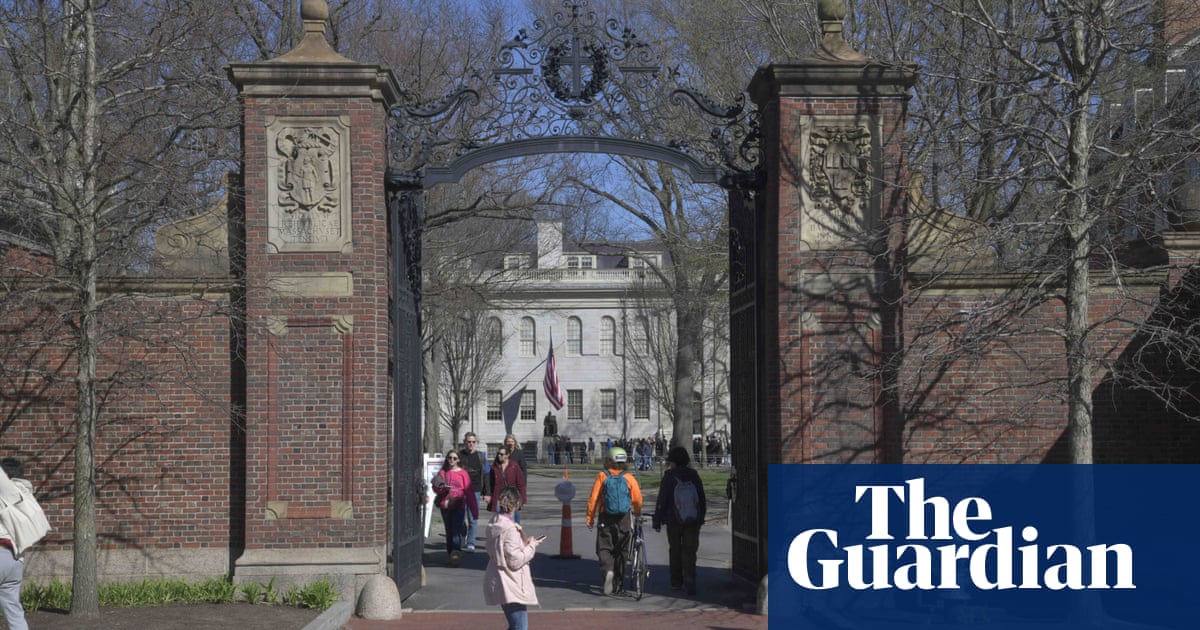In a new lawsuit,Harvard Universityalleged that theDonald Trump administrationis trying to “gain control of academic decision-making at Harvard”, several news outlets arereporting.
The university is fighting back against the administration’sthreat to reviewabout$9bn in federal fundingafterHarvard officials refusedto comply with a list of demands that included appointing an outside overseer to ensure that the viewpoints being taught at the university were “diverse”. Harvard is specifically looking to halt a freeze on $2.2bn in grants.
The lawsuit comes as theTrump administrationhas sought to force changes at multiple Ivy League institutions after months of student activism centered around the war in Gaza. The administration has painted the campus protests are anti-American, and the institutions as liberal and antisemitic, which Harvard’s president, Alan Garber, refuted.
In a letter announcing the university’s decision to reject Trump’s demands, Garber, wrote: “No government – regardless of which party is in power – should dictate what private universities can teach, whom they can admit and hire, and which areas of study and inquiry they can pursue.”
Garber reiterated that theTrump administrationhad doubled down on its response to the university’s refusal to comply with the administration’s demands, despite claims that the letter indicating Harvard’s federal research funding was at risk was sent by mistake.
“The government has, in addition to the initial freeze of $2.2 billion in funding, considered taking steps to freeze an additional $1 billion in grants, initiated numerous investigations of Harvard’s operations, threatened the education of international students, and announced that it is considering a revocation of Harvard’s 501(c)(3) tax-exempt status,” Garberwrote.
“These actions have stark real-life consequences for patients, students, faculty, staff, researchers, and the standing of American higher education in the world.”
Earlier this month, the Trump administration had sent a letter to Harvard with the list of demands, which included changes to its admissions policies, removing recognition of some student clubs, and hiring some new faculty.
Last Tuesday Trump had called for Harvard, the US’s oldest and wealthiest university and one of the most prestigious in the world, to lose its tax-exempt status,CNN first reported.
“Perhaps Harvard should lose its Tax Exempt Status and be Taxed as a Political Entity if it keeps pushing political, ideological, and terrorist inspired/supporting ‘Sickness?’ Remember, Tax Exempt Status is totally contingent on acting in the PUBLIC INTEREST!” the US president said in a post on his Truth Social platform.
